@infoinsightwave
Fashion and Beauty
 infoinsightwave.comNovember 1, 20246 Mins read130 Views
infoinsightwave.comNovember 1, 20246 Mins read130 Views
The Ultimate Winter Skincare Regime: A Step-by-Step Guide (2024)
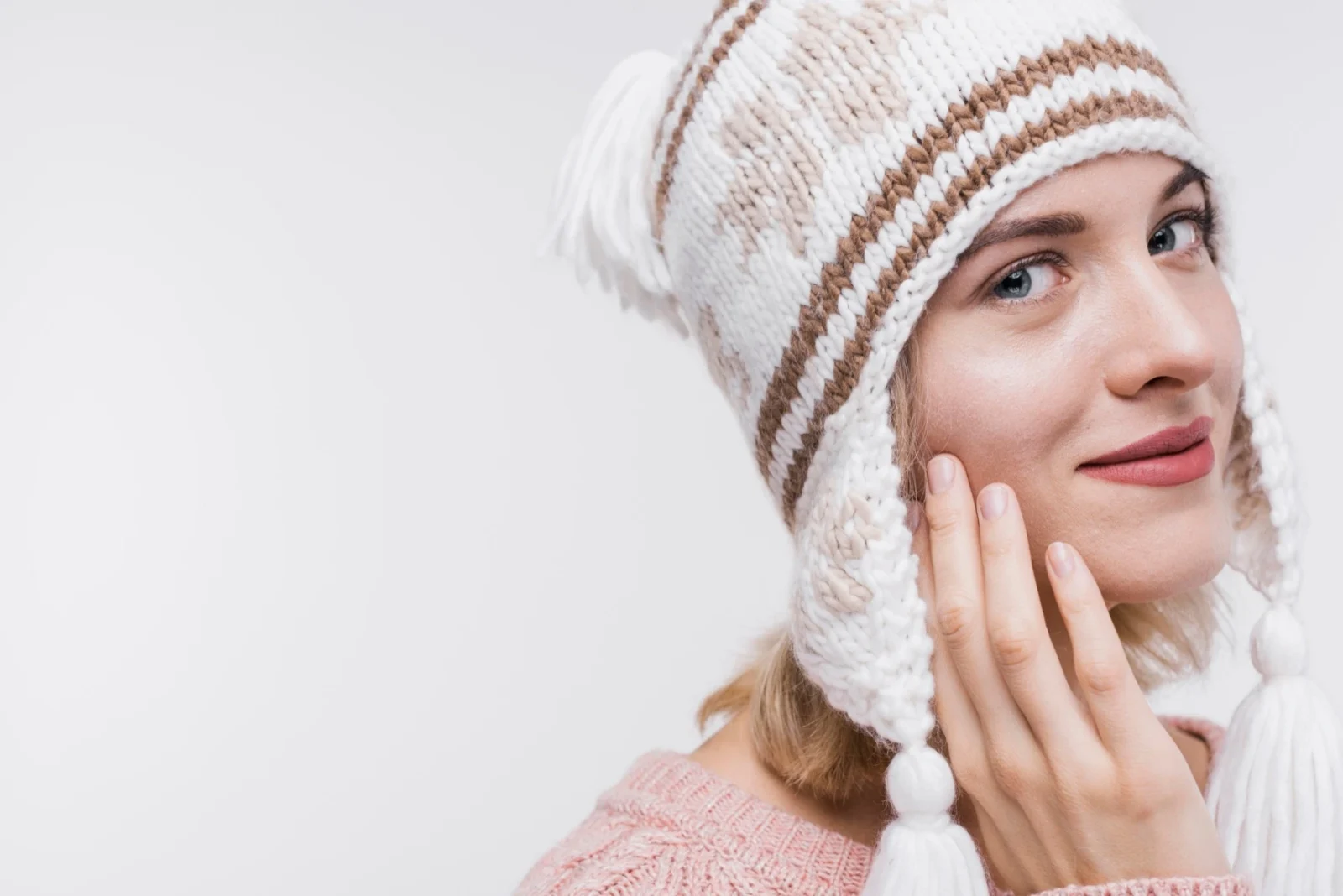
Recent Posts
Related Articles
Fashion and Beauty
How to Use Rice for Hair Growth at Home? (2024)
The long, healthy and glowing hair is a big part of many...
Byinfoinsightwave.comNovember 9, 2024
Fashion and Beauty
Winter Fashion The Complete Guide(2024)
As we prepare to experience the chill of winter, it’s time to...
Byinfoinsightwave.comOctober 19, 2024
Fashion and Beauty
Is Botox Treatment Good for Hair: Everything you Need to Know
Hair Botox is a treatment that has become very popular over the...
Byinfoinsightwave.comOctober 12, 2024
Fashion and Beauty
Get Youthful and Glass Skin like Koreans ! K- Beauty Secrets
Korean skincare colloquially known as K-beauty, has swept across the world, promising...
Byinfoinsightwave.comOctober 5, 2024

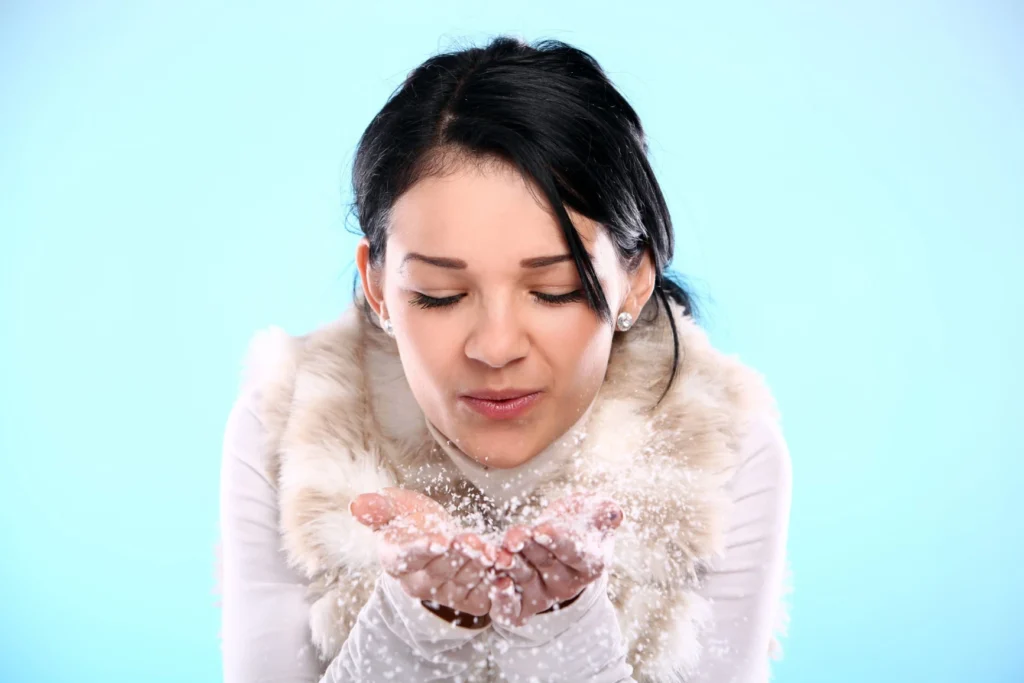
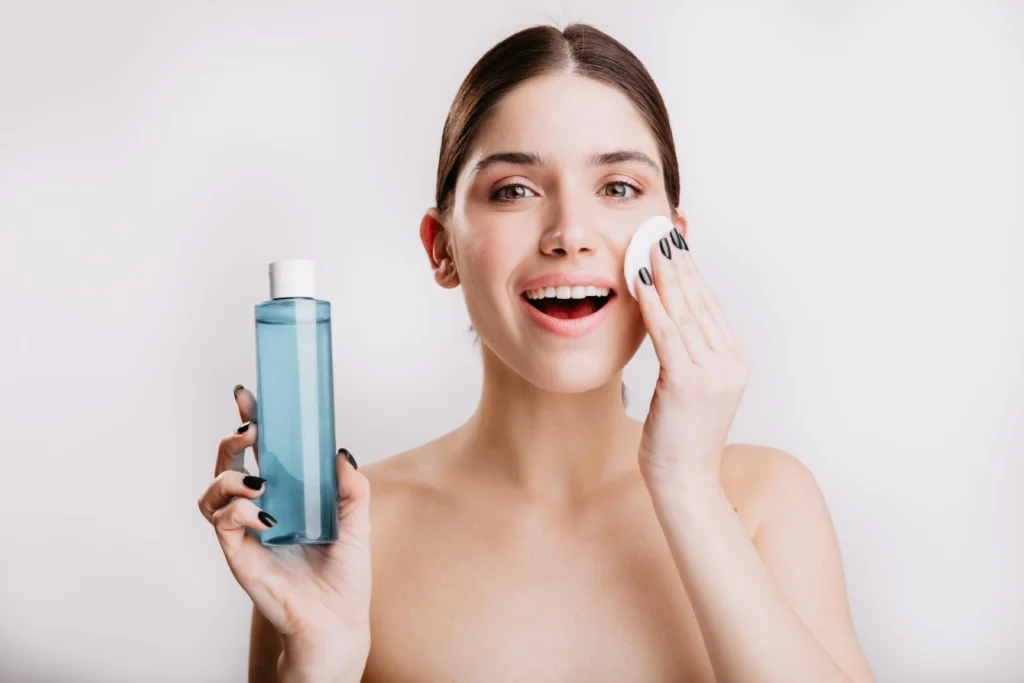


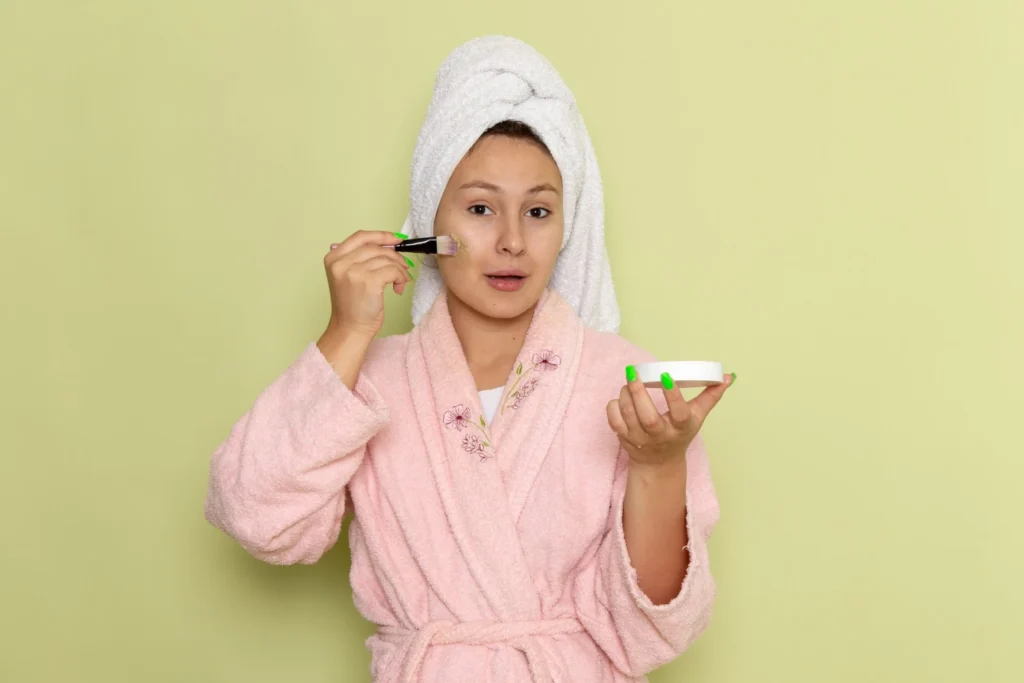
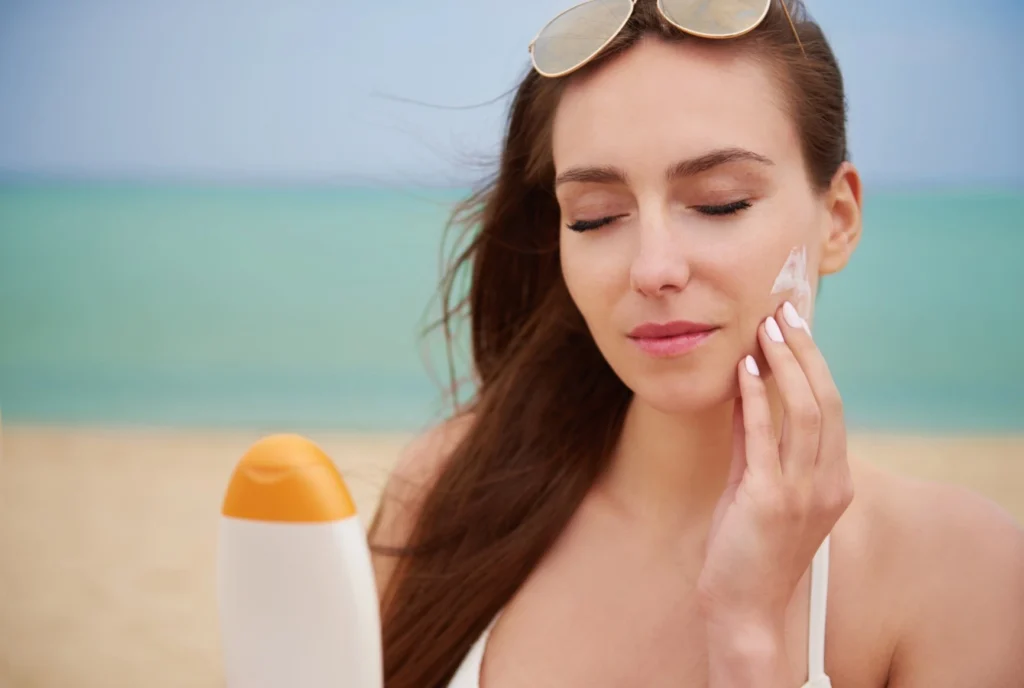












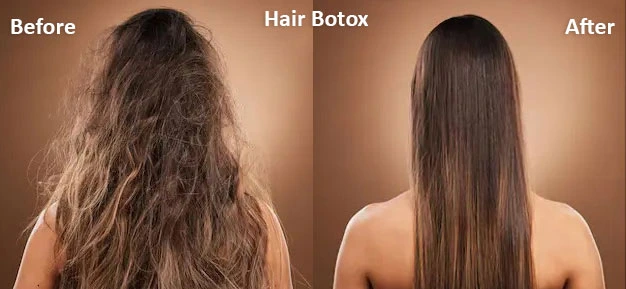

Leave a comment